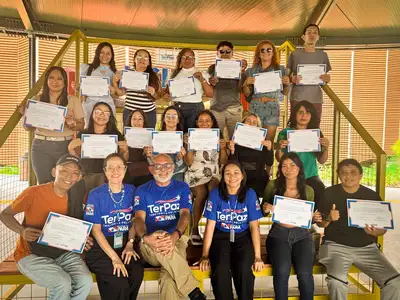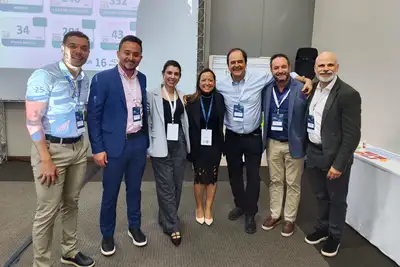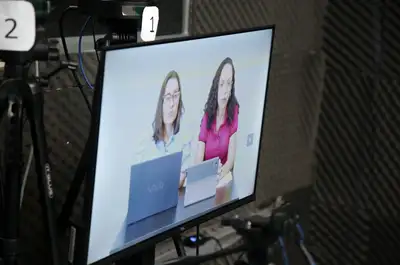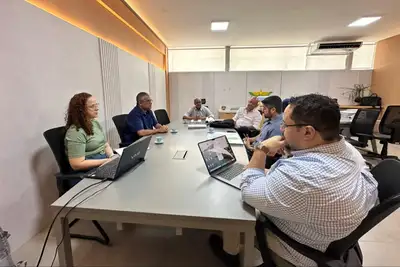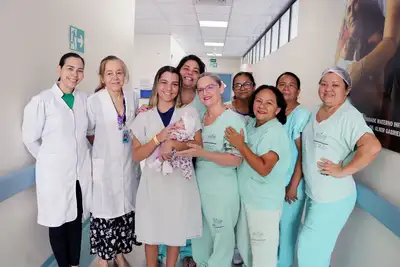Seap promotes alignment with directors on new inspection methodology in penal units
National Inspection Registry will be standardized across the country focusing on rights and social reintegration
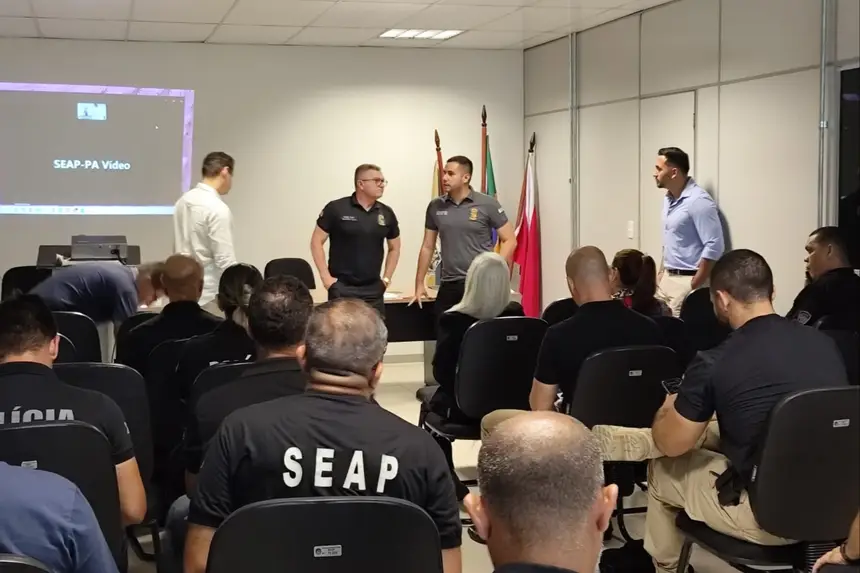
The State Secretariat for Penitentiary Administration (Seap) gathered directors of penal units from Pará this week to present the new model of the National Registry of Inspections in Penal Establishments (Cniep), implemented by the National Justice Council (CNJ). This action integrates the guidelines of the "Fair Sentence" plan, aimed at improving custody and ensuring the rights of people deprived of liberty throughout Brazil.
The meeting, held in person, also included the online participation of managers from the interior of the State. During the meeting, questions about the new format of the tool, established by CNJ Resolution No. 593/2024, were clarified, and operational strategies for implementing the methodology in the Pará penitentiary system were discussed.
Modernization of the system and institutional planning
The Cniep has been in operation since 2009 but underwent significant updates this year, now allowing for a more detailed analysis of custody conditions through standardized inspections conducted by the Judiciary. The tool also integrates the National Bank of Penal Measures and Prisons (BNMP 3.0), which contains records of incarcerated individuals, those wanted, or those serving penal measures.
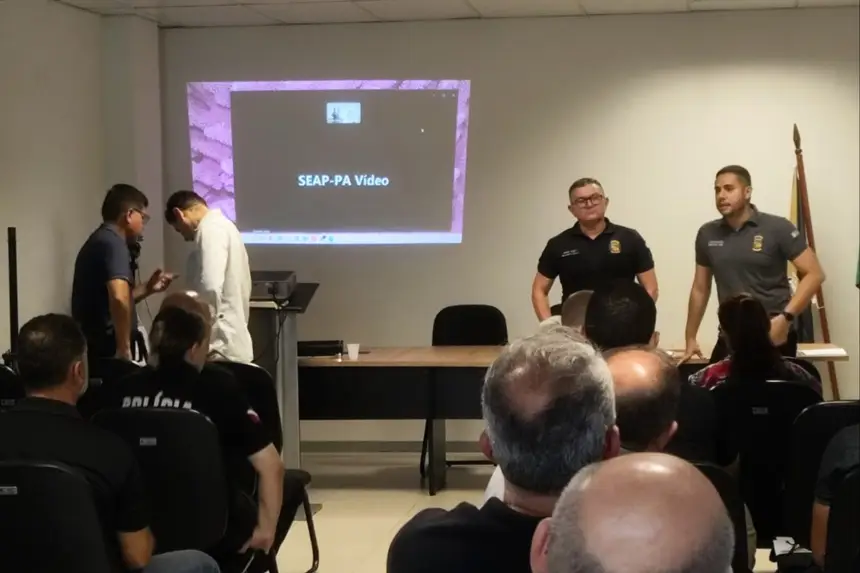
"It was an important meeting for us to outline plans, create administrative and operational protocols to maintain the high quality of services provided to our Pará society and to people deprived of liberty. Always paying attention to the issue of social reintegration and custody, which is one of Seap's main responsibilities," emphasized the Deputy Secretary of Operational Management of Seap, Ringo Alex Rayol Frias.
New manual and focus on human dignity
During the meeting, the Criminal Execution Court presented the new Manual of Judicial Inspections in Places of Deprivation of Liberty, which details technical parameters for conducting inspections. The document aims to standardize everything from the preparation of visits to the recording of information and recommendations post-inspection.
According to the director of the Criminal Execution Directorate (DEC), Lucas Bellard, the manual strengthens the supervisory role of the Judiciary based on what is determined by the Penal Execution Law. "In addition to technically qualifying the legislative provision, the manual presents a new methodology to make inspections more effective, encompassing everything from the preparation and conduct of visits by judges to the consolidation of information and actions to be taken after the inspection," he explained.
Commitment to fundamental rights
Bellard also highlighted that the updates in the inspection system are another step towards overcoming the so-called "Unconstitutional State of Things," a concept recognized by the Federal Supreme Court (STF) regarding the situation of the Brazilian prison system. The goal is to ensure respect for the physical and moral integrity of people deprived of liberty, the proper enforcement of sentences, and access to rights such as health, education, food, work, and legal assistance.
"By qualifying judicial inspections in places of deprivation of liberty, we aim to directly impact the guarantee of fundamental rights during the enforcement of custodial sentences, in favor of a fairer, safer, and more inclusive society for all," reinforced the director of the DEC.


